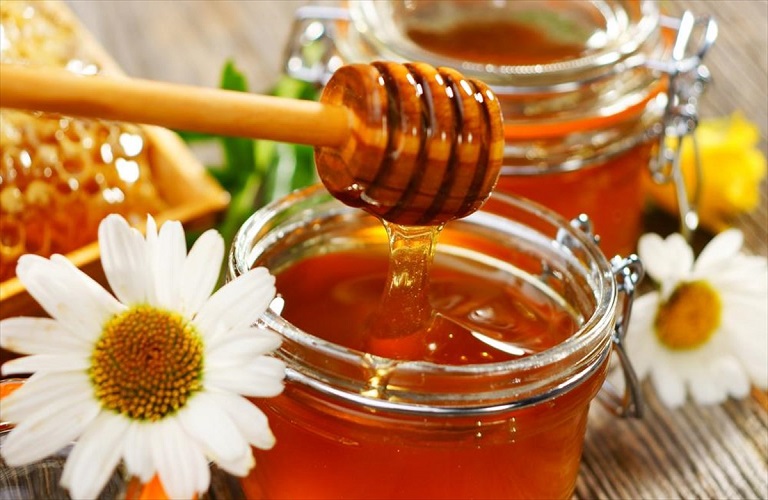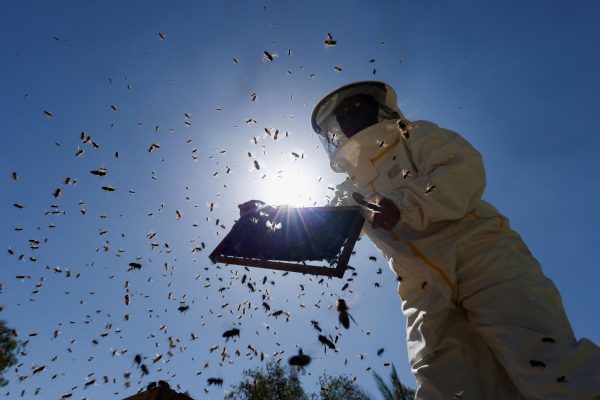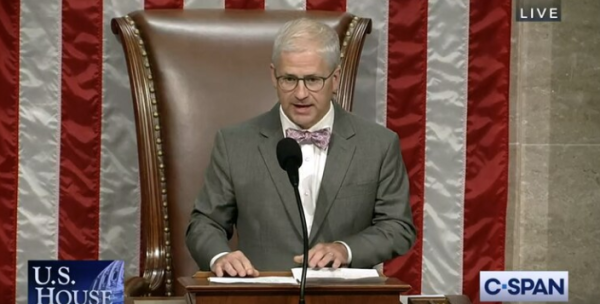
Honey remains popular – especially among those who follow a healthy diet – precisely because it is not an industrial product. In order to have honey, however, one needs apiaries, beekeepers, but also a search for areas where production can take place, which entails additional costs.
At the same time, the production of honey in Greece does not cover demand. This gap in the domestic market is what “producers” are trying to cover by succumbing to the double temptation of adulteration and “Hellenization” of imported honey, degrading the product reaching consumers but also harming domestic apiculture.
Among champions in falsification
Honey that consumers find on shelves is most commonly advertised as a “Greek product”, with the ingredients listed on the back of the package. But when it comes to the product of smaller producers, this… luxury does not exist and the quality is left to the discretion of the beekeeper. In practice, however, honey is among the 10 most commonly adulterated foods. Blending is done with rice-based substitutes or starch syrups.
As reported by Chrysoula Tananaki, associate professor of the Apiculture Laboratory of the Aristotle University of Thessaloniki, “there is adulterated honey that contains quantities of syrup with high fructose contents and to which aroma and color are also added”. “Two years ago, caramel color was found, which is toxic,” Vassilis Alichos, secretary of the Beekeeping Association of Achaia, hastens to add.
For his part, Giorgos Lehouritis, president of the Institute of Consumers, underlines that there are “systems of modern technology that alter the characteristics of the products, while the counterfeiting is so great that the world cannot protect itself”.
During the last three years 2020-2022, laboratory tests of 548 honey samples, which were provided by various authorities, were carried out in the laboratories of the General Directorate of the General Chemistry of the state. Of these, 110 were labeled “abnormal” for various parameters and 14 of the “abnormal” honey samples were found to be adulterated.
EFET, the Greek equivalent of the FDA, in the period 2019-2022 carried out 165 controls and received 387 samples for examination, of which 325 samples were part of quality and adulteration programs and the remaining 62 were taken as part of extraordinary controls following complaints from the competent authorities of the states- members of the European Commission. In these, five cases of honey adulterated with exogenous sugars were identified.
At the same time, seven processing, standardization and marketing companies were investigated by EFET, of which three were considered, based on the results of the analyses, to be suspected of fraud or complicity in fraud. The phenomenon of adulteration in honey is, of course, not only Greek. According to a European Union survey, of the 320 samples that were checked by the competent authorities of the participating countries, 147 (46%) were deemed suspicious.
Imports of dubious quality
As Vassilis Alichos explains, “the honey produced within the European Union is not enough, that is why imports are made from third countries”. The country from which the largest amount of honey is imported into Greece is China. According to the Independent Public Revenue Authority, during the period 2020-2023 a total of 72 imports of honey from China were carried out, with a total value of 2,679,951 euros and a net mass of 1,991,174 kg, through the 3rd Import Customs of Piraeus and the 1st Customs of Import-Export of Thessaloniki.
The problem with massive imports of honey from the Asian country is that the quality of the product cannot be certified in advance and with certainty. In fact, at the European level it is estimated that 74% of the quantities imported from China are suspected of being counterfeit.
The situation is further complicated by the impossibility of recording the exact origin of the imported quantities, a fact that is exploited by those who proceed with “Hellenization”. As the president of the Federation of Beekeeping Associations of Greece, Anastasios Pontikis, explains, “the honey imported from China passes through membranes and in this way the pollen grains are removed that can “betray” its origin”.
Counterfeit products on supermarket shelves as well
All of the above, as expected, has caused concern among consumers, as it is now impossible to know for sure if what they are buying is really… honey. As Stratis Taxidis, agronomist of the Lesvos Beekeeping Cooperative points out, cases of counterfeiting have even been found on supermarket chain shelves, “with the consumer being misled, since they are paying for something that does not comply with Greek legislation”.
For his part, Andreas Bekas, Agricultural technologist, argues that “the only way for the consumer to avoid pitfalls is to procure honey from producers he personally knows and trusts”. However, the Secretary General of Trade and Consumer Protection Sotiris Anagnostopoulos has a different opinion: “The consumer must be doubly careful when purchasing bulk honey. Only for packaged products can we have a clear picture of where they come from.”
Finally, from the Ministry of Agricultural Development and Food, they point out that the National Beekeeping Registry and the Individual Digital Beekeeping Identity were established to deal with the phenomena of honey falsification. An additional tool is the e-honey digital service, which captures step-by-step the course of the product in the production chain, in the context of the application of a traceability system of beekeeping derivatives.
Latest News

Airbnb: Greece’s Short-Term Rentals Dip in March Amid Easter Shift
Data from analytics firm AirDNA shows that average occupancy for short-term rentals dropped to 45% in March, down from 49% the same month last year.

Easter Week in Greece: Holy Friday in Orthodoxy Today
At the Vespers service on Friday evening the image of Christ is removed from the Cross and wrapped in a white cloth

Meloni and Trump Meet in Washington, Vow to Strengthen Western Ties
“I am 100% sure there will be no problems reaching a deal on tariffs with the EU—none whatsoever,” Trump stressed.

ECB Cuts Interest Rates by 25 Basis Points in Expected Move
The ECB’s Governing Council opted to lower the deposit facility rate—the benchmark for signaling monetary policy direction—citing an updated assessment of inflation prospects, the dynamics of underlying inflation, and the strength of monetary policy transmission.

Current Account Deficit Fell by €573.2ml Feb. 2025: BoG
The improvement of Greece’s current account was mainly attributed to a more robust balance of goods and, to a lesser extent, an improved primary income account

Hellenic Food Authority Issues Food Safety Tips for Easter
Food safety tips on how to make sure your lamb has been properly inspected and your eggs stay fresh.

Greek Kiwifruit Exports Smash 200,000-Ton Mark, Setting New Record
According to data by the Association of Greek Fruit, Vegetable and Juice Exporters, Incofruit Hellas, between September 1, 2024, and April 17, 2025, kiwifruit exports increased by 14.2%.

Easter Tourism Boom: Greece Sees 18.3% Surge in Hotel Bookings
Among foreign markets, Israel has emerged as the biggest growth driver, with hotel bookings more than doubling—up 178.5% year-on-year.

Greece to Launch Fast-Track Tender for Offshore Hydrocarbon Exploration
Last week, Papastavrou signed the acceptance of interest for the two Cretan blocks, while similar decisions regarding the two Ionian Sea blocks were signed by his predecessor

American-Hellenic Chamber of Commerce to Open Washington D.C. Branch
AmCham's new office aims aims to deepen U.S.-Greece economic ties and promote investment and innovation between the two countries








![Πλημμύρες: Σημειώθηκαν σε επίπεδα ρεκόρ στην Ευρώπη το 2024 [γράφημα]](https://www.ot.gr/wp-content/uploads/2025/04/FLOOD_HUNGRY-90x90.jpg)




![Airbnb: Πτωτικά κινήθηκε η ζήτηση τον Μάρτιο – Τι δείχνουν τα στοιχεία [γράφημα]](https://www.ot.gr/wp-content/uploads/2024/07/airbnb-gba8e58468_1280-1-90x90.jpg)

























![Airbnb: Πτωτικά κινήθηκε η ζήτηση τον Μάρτιο – Τι δείχνουν τα στοιχεία [γράφημα]](https://www.ot.gr/wp-content/uploads/2024/07/airbnb-gba8e58468_1280-1-600x500.jpg)


 Αριθμός Πιστοποίησης
Αριθμός Πιστοποίησης